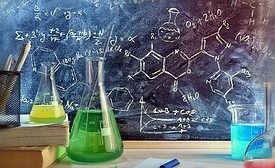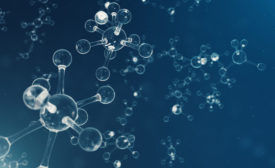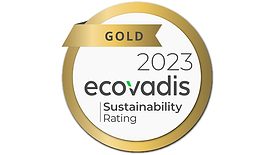Home » resins and base polymers
Articles Tagged with ''resins and base polymers''
Adhesive and Sealant Raw Materials Roundup
In 2023, raw materials suppliers launched new products to help formulate the latest adhesives and sealants that meet the evolving needs of customers.
March 18, 2024
Cornell Chemists Image Basic Blocks of Synthetic Polymers
Scientists have developed a technique that allows the imaging of polymerization catalysis reactions at single-monomer resolution and, through fluorescent signaling, to differentiate monomers from one another.
March 15, 2024
Formulating with Flexibility
Finding solutions to meet ever-evolving demands encourages flexibility and collaboration with suppliers, formulators and customers.
October 30, 2023
The latest news and information
Content focused on adhesive & sealant manufacturing, formulations and finished products
SUBSCRIBE TODAYCopyright ©2024. All Rights Reserved BNP Media.
Design, CMS, Hosting & Web Development :: ePublishing









